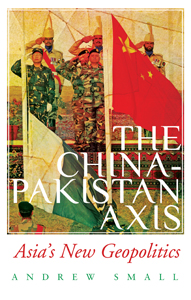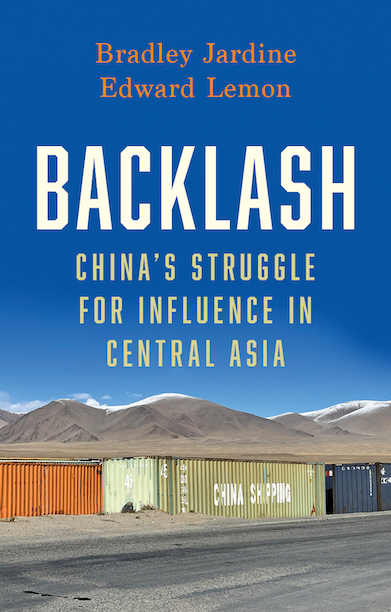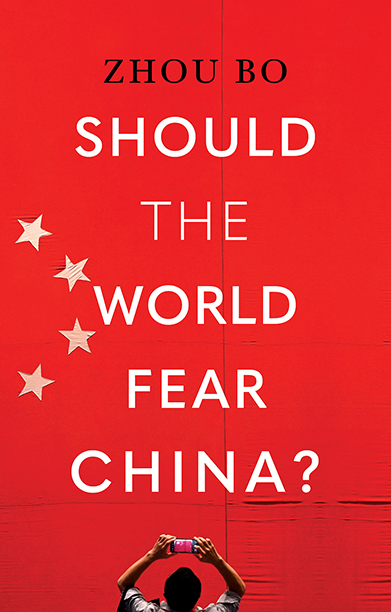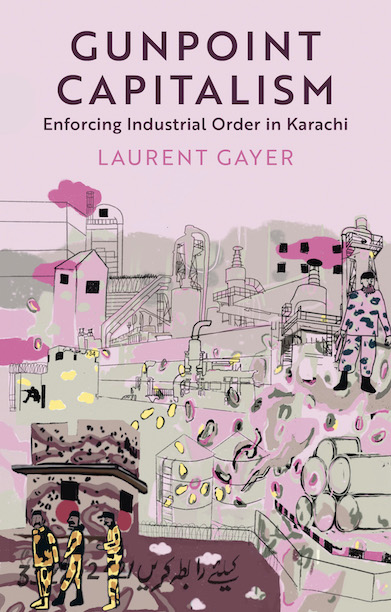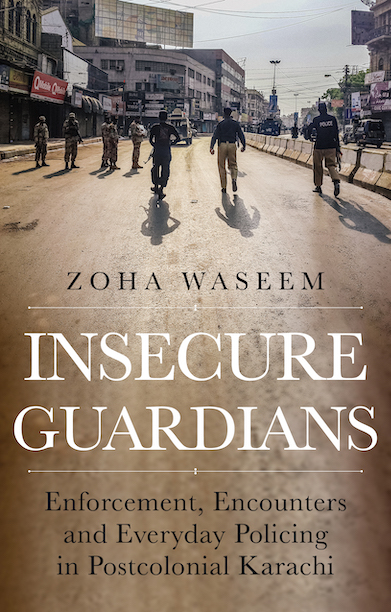The China–Pakistan Axis
Asia’s New Geopolitics
Updated Paperback Edition
‘An excellent book.’ — Anatol Lieven, New York Review of Books
‘An impressive account of a little-understood friendship’ — The Economist
Description
The Beijing-Islamabad axis plays a central role in Asia’s geopolitics, from India’s rise to the prospects for a post-American Afghanistan, from the threat of nuclear terrorism to the continent’s new map of mines, ports and pipelines. China is Pakistan’s great economic hope and its most trusted military partner; Pakistan is the battleground for China’s encounters with Islamic militancy and the heart of its efforts to counter-balance the emerging US-India partnership. For decades, each country has been the other’s only ‘all-weather’ friend. Yet the relationship is still little understood. The wildest claims about it are widely believed, while many of its most dramatic developments are hid- den from the public eye.
This book sets out the recent history of Sino-Pakistani ties and their ramifications for the West, for India, for Afghanistan, and for Asia as a whole. It tells the stories behind some of its most sensitive aspects, including Beijing’s support for Pakistan’s nuclear program, China’s dealings with the Taliban, and the Chinese military’s planning for crises in Pakistan. And it describes a relationship increasingly shaped by Pakistan’s internal strife, and the dilemmas China faces between the need for regional stability and the imperative for strategic competition with India and the USA.
Reviews
‘An excellent book.’ — Anatol Lieven, New York Review of Books
‘An impressive account of a little-understood friendship’ — The Economist
‘An original and timely contribution to this unusual relationship, never formalized in an alliance as it faces the Western withdrawal from Afghanistan’ — Times Literary Supplement
‘This fascinating book disentangles the relationship between one of the oddest couples in geopolitics: an unpredictable Islamic republic and a communist state that has turned to a mixture of consumerism and authoritarianism.’ — Prospect
‘Andrew Small spent years not only interviewing in foreign ministry reception rooms in Beijing and Islamabad but trundling around back streets in places like Kashgar and Gilgit-Baltistan, bearded and dressed like a local, to understand the nature of one of the world’s most important and least understood alliances. Promises profound insights into the two countries that (outside the Middle East) dominate American anxieties about future security challenges.’ — Daniel Twining, Foreign Policy
‘Exceptionally well-informed and insightful account’ — Foreign Affairs
‘A concise, informative and authoritative study of one of the world’s most important state-to-state relationships.’ — Bruce Riedel, Lawfare
‘Small has illuminated the complementary calculations in Beijing and Islamabad which nurture this fascinating relationship, through a painstaking survey of numerous, diverse sources, coupled with extensive interviews throughout southern Asia. Small brings to bear not only copious research but analytic subtlety that makes this book both a joy to read and a veritable “keeper”.’ — International Affairs
‘Small has written a valuable and perceptive book.’ — Survival
‘This unique and timely work provides fresh insights into one of the most important and most neglected new developments in world affairs — China’s turn to south and west Asia. As the U.S. pivots toward (East) Asia, Andrew Small shows us how China is moving beyond traditional concepts of Asia.’ — Barnett Rubin, Senior Fellow and Director at the Center on International Cooperation, New York University
‘Andrew Small’s remarkable book paints a vivid picture of twenty-first century geopolitics by uncovering one of the most important and under-explored relationships. A gripping narrative of how China’s rise meets nukes, terrorists and the Taliban’ — Mark Leonard, Director of the European Council on Foreign Relations and author of What Does China Think?
‘The China-Pakistan Axis explores one of the most resilient and paradoxical bilateral relations of the post colonial era — a superb illustration of the manner in which international relations can be determined by power considerations. Pakistan and China have been “all weather friends” for more than fifty years in spite of their ideological differences. Andrew Small shows that their rapprochement resulted mostly from a real politik assessment of their common enemy, India, but that non material variables are back in the picture today because of the islamist connection in the case of the Uighurs, for example. The strength of Small’s work lies in its analysis of the fascinating scope and trajectory of the Beijing–Islamabad relationship.’ — Christophe Jaffrelot, Research Director at CNRS, Sciences Po and author of The Pakistan Paradox: Instability and Resilience
‘This is an excellent, succinct book, and written with great verve. It is based, as the many pages of notes and references testify, on many hundreds of hours of interviews with key people throughout the region … on China-Pakistan relations, and its regional and global context, it is hard to think of a better possible treatment.’ — Kerry Brown, Asia Review of Books
‘…vastly superior to the fare that has been served of late on the subject… it is a work of stupendous research, rich in fresh insights. Extremely well-written.’ — Frontline.in
Author(s)

Andrew Small is a senior fellow with the German Marshall Fund’s Indo-Pacific Program; a former China fellow at the European Commission President’s thinktank; and the author of The China–Pakistan Axis and The Rupture (both published by Hurst). Formerly based in Washington and Beijing, he has written for The New York Times and Foreign Affairs.
